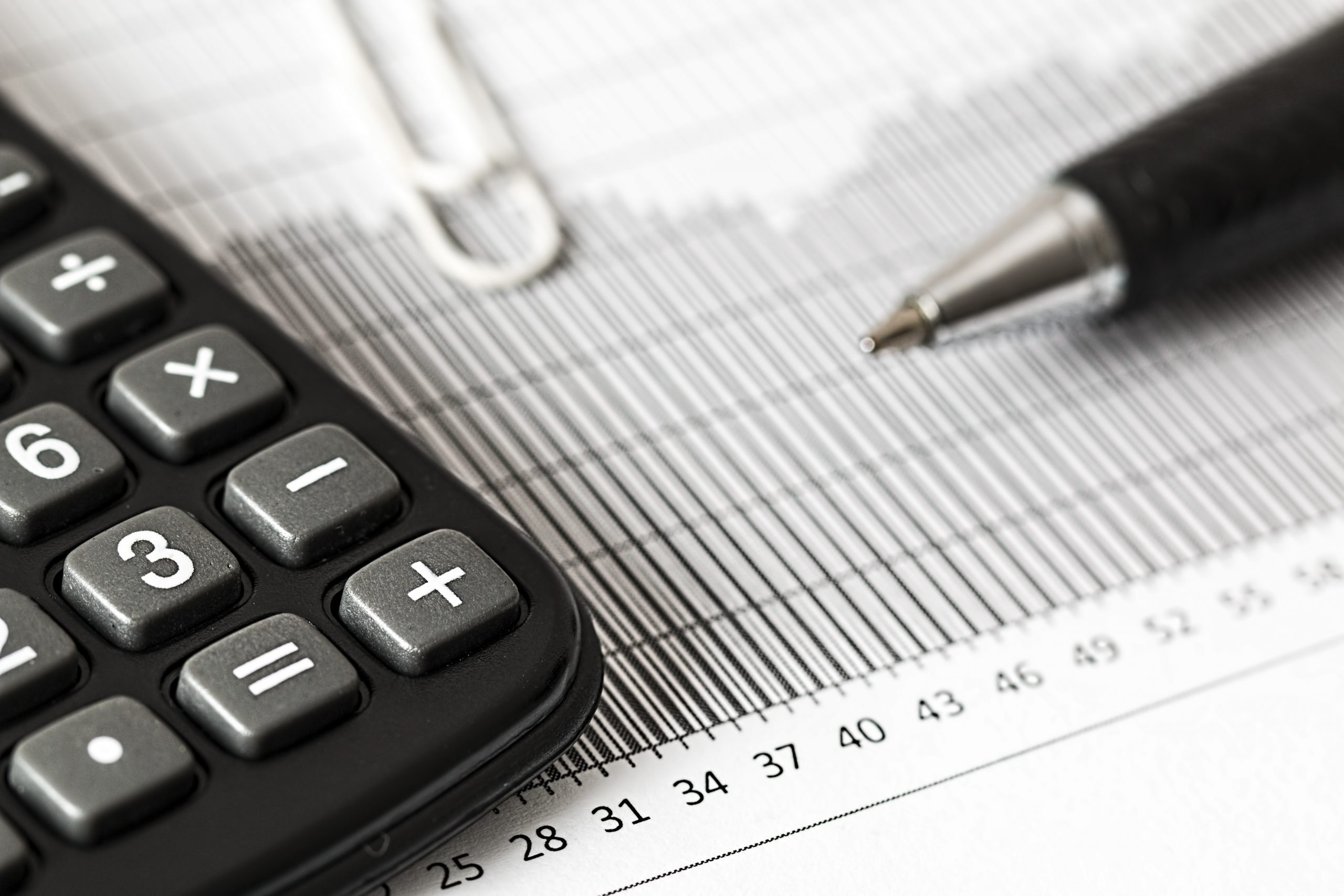Although there is a system that allows deferring the payment of VAT until the moment of collection, the mechanism needs to be more flexible to have been adopted widely.
Therefore, with unpaid invoices, the entrepreneur advances the VAT they may not ultimately collect from their clients, bearing a double penalty: not receiving service payment and increasing VAT they don’t actually receive.
However, there is the possibility to modify the issued invoices to recover these VAT amounts in the following cases:
- When the client declares bankruptcy.
- When debts are claimed through legal action or utilizing a notarial requirement. In these cases, among other provisions, twelve months must have passed since the due date of the payment period, reducing it to six months in patients where the entrepreneur invoices less than six million euros.
Mechanisms provided by the law for VAT refund.
Frequently, we come across entrepreneurs who do not take advantage of the mechanisms provided by the law, either because they are unaware of the possibility of modifying invoices because they do not do so within the established deadlines, because their invoicing is highly fragmented, and carrying out the procedure seems uneconomical, or because they face difficulties in claiming through legal action or making a notarial requirement that they do not wish to pursue.
In these cases, we recommend keeping up with recovering part of what is unpaid. However, it is essential to do so within the limits set by the law to avoid unpleasant surprises. For this reason, it is necessary to analyze each case individually and proceed with the correction in strict accordance with the regulations if it is viable.
Unfortunately, we have also encountered cases where taxpayers who chose the taxable bases by going to a Notary did so through a deed of remission of documents rather than a notarial requirement, and the Tax Authority denied their claims by interpreting the VAT law very strictly.
Well, for these individuals, we have good news: the Supreme Court, in Judgment 667/2022 of June 2, 2022, established that the principle of VAT neutrality prevails over the notarial method by which debt collection was initiated, and the Economic-Administrative Tribunals are already resolving cases admitting this Judgment.
Steps to follow and recommendations
For those who have appealed in a similar situation and still have the matter unresolved, we recommend completing the files by sending the Supreme Court’s judgment to the Courts.
But beyond these particular cases, the judgment offers us the opportunity to claim fees previously considered lost, as it was more expensive to make the notarial request than the fee to be recovered.
The cost of creating a document transmission record is significantly lower than that of the notarial request, so it is worth considering whether it can be economically viable to choose to recover the fees through the life of the notarial record transmission.
Undoubtedly, in the volatile times we are experiencing, any help to improve the company’s treasury position is welcome. Regarding this matter, we recommend you visit our link to the Mylegalinbox website, where we offer a specific service to improve cash flows through tax savings while complying with all legal requirements.


